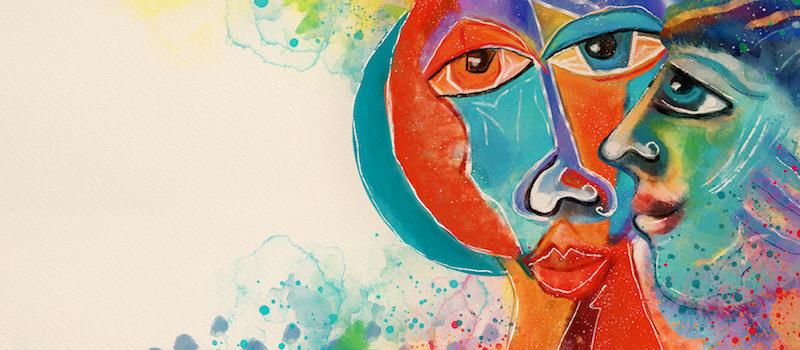Discovering Humanity through Cultural Anthropology
|
Course Name: Discovering Humanity through Cultural Anthropology |
|
|
Course Number: EDUC 719B |
Semester Credits: 3 |
Course Description
Cultural anthropology is defined as the comparative study of human societies and their social structures, values, beliefs, and cultures. It is the study of humanity in its variety and complexity. The quest is to determine as a species where we come from, the forces that shaped cultural diversity, how we became what we are today, and what might become of us in the future.
Since the inception of anthropologic studies, scientists have been trying to identify how groups of people have adapted, molded, and conquered their environments. These observations have required decades of dedication by anthropologists living among the peoples and cultures studied to showcase the true nature of human diversity. These researchers try to provide context and understanding of culture and societies from an unbiased perspective and not a Westernized point-of-view.
Discovering Humanity through Cultural Anthropology will guide students through a rich exploration of the human experience in family structure, economics, religion, communication and language, art and creative expression, conflict and warfare, social stratification, and gender studies. Journey through field studies, detailed images, cultural vignettes, and accounts from well-known anthropologists and gain a deeper look into human history.
Goals
- Define anthropology and explain how it differs from other academic disciplines.
- Summarize the importance of feminism and postmodernism in the development of anthropology.
- Explain the relationship between culture and the ways in which people classify the world.
- List several different forms of nonverbal communication, and discuss how technology has aided in communication.
- Differentiate between agriculture and industrialism, and assess the advantages and disadvantages of both.
- Summarize the key characteristics of various economic systems.
- Describe the role that ethnicity and ethnic conflict play within various countries and nations.
- Compare and contrast different models of assimilation to U.S. culture.
- Define the major systems of kinship.
- Explore the functions and roles that marriage and family play in society.
- Differentiate between sex, sexuality, and gender across cultures.
- Analyze the ways religion is related to order and meaning in life.
- Assess how art reflects cultural identity and personal identity in different societies.
- Discuss European expansion and its effects in the Americas, Africa, and Asia.
- Evaluate the ways cultures have changed in the modern world.
Course Contents
- Anthropology and Human Diversity
- The Idea of Culture
- Communication
- Equalities and Inequalities
- Economics
- Political Organization
- Stratification
- Families in Society
- Kinship
- Marriage, Family, and Domestic Groups
- Gender
- Symbols and Meanings
- Religion
- Creative Expression: Anthropology and the Arts
- Culture Change
- Power, Conquest, and a World System
- Culture Change and the Modern World
Evidence of Learning Outcomes
Upon successfully completing this course, the student will have demonstrated knowledge about cultural anthropology as it applies to cultures across the globe with an emphasis on areas such as forensics, medicine, human studies, cultural change, equality and inequality, and other related topics.
How to Register
Discovering Humanity through Cultural Anthropology can be completed in either an online or via emailed PDF format. It is open for anyone to register at any time during an open semester. After completion, students receive graduate, non-degree semester credit on official transcripts from the University of La Verne, an accredited university in La Verne, California.
Registration is fast and straightforward and can be done online or over the phone. Courses are offered on a rolling basis during three standard semesters, and you can begin whenever you are ready! The registration dates are:
- Fall: September 1 - January 31
- Spring: February 1 - May 31
- Summer: June 1 - August 31
